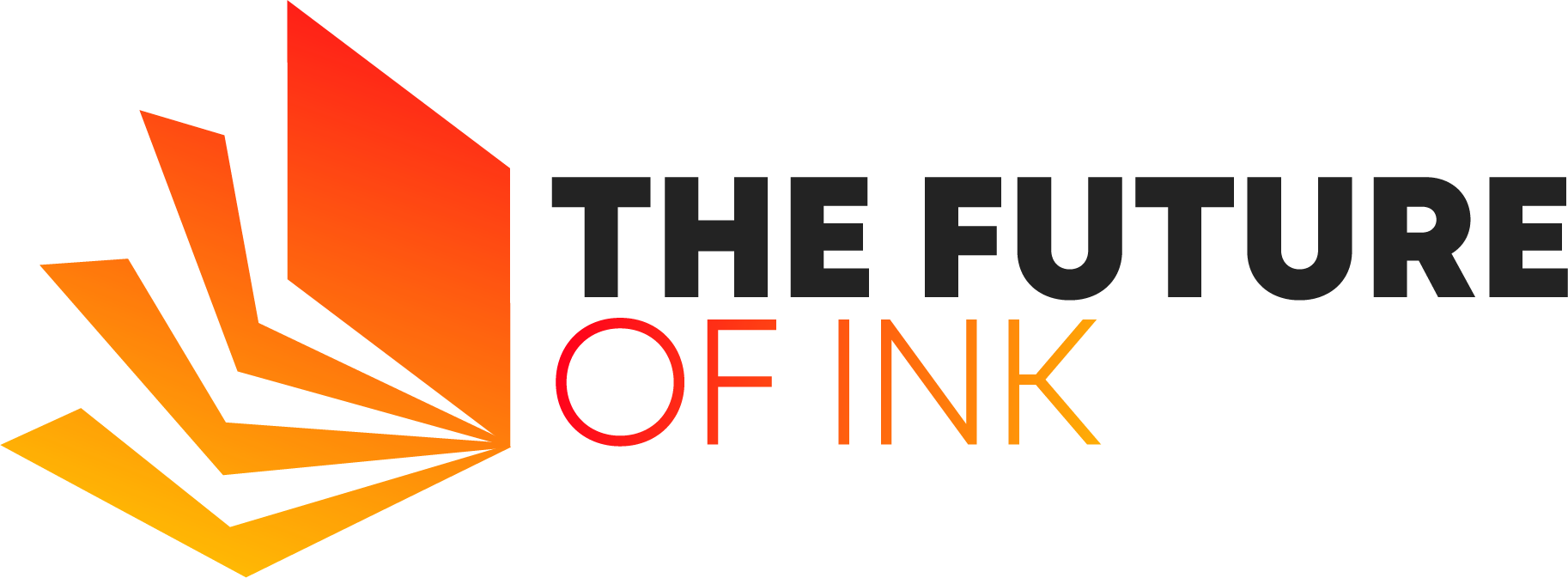As you most likely know or will soon discover, running a business is never an easy task. Indeed, the benefits of owning one often far outweigh the drawbacks, but getting to the point when all is safe and secure requires a lot of self-discipline, organization, and most of all, determination to succeed in a fiery pit of endless evolution and vicious competition that is the modern market environment.
But even the strongest of wills won’t protect your company from the threats you can’t predict. After all, even the brightest and most well-adapted dinosaurs were no match for the 6 miles of rock that blasted them into oblivion.
Fortunately, you, unlike the reptiles, have numerous ways of accurately preparing for most market disruptions that can realistically happen, including implementing BCMS, using an early warning net, and focusing on continuous small changes instead of a few giant fail safes.

Read on and never worry about falling victim to market disruptions!
Contents
Remember to Implement BCMS Ahead of Time
Business continuity management software (BCMS) is an essential tool that not only makes it easier to keep your company up and running in the face of potential disasters but also helps you to identify opportunities for improvement and prepares you for the unknown.
The benefits of implementing BCMS are numerous, including:
- Increased efficiency in providing guidance, training, and support during a crisis.
- Ability to identify and prevent future disruptions.
- A lot of time was saved in recovering after a disruption.
- Timely and effective communication during periods of disaster.
- Reduced costs of recovery.
- Increased effectiveness of business continuity plans.
- Protection against human-made disruptions.
- Protection against natural disruptions, such as fire, flood, or earthquake.
- Protection against technological disruptions.
- Protection against physical disruptions.
By implementing BCMS, you can be sure that your company will remain open for business unless the whole civilization collapses, making it an essential tool for any serious entrepreneur and a valuable investment that pays for itself many times over.
So don’t wait until the last minute to get your hands on this indispensable tool!
Also Read: What Technological Solutions Are the Future of Call Centers?
What Are the Common Types of Disruptive Events?
While every business is unique and thus needs to be prepared in ways that are best suited to its needs, there are some common market disruptions all companies share. Here are the most common ones:
Natural Disruptions
Natural disasters encompass practically any disruption caused by nature or natural phenomena, including earthquakes, hurricanes, tornadoes, floods, tsunamis, and volcanic eruptions.
Luckily, the majority of them can be easily predicted and thus prepared for in advance. For example, if you live in an area with a history of flooding, you can put your servers on the second floor or higher and install a backup generator in case the electricity goes out.
If you live in an area prone to hurricanes, tornadoes, or other powerful storms, you can use a service like Cloud Servers to host your business’s data and power your office in case of a disaster.
Network Disruptions
These disruptions occur when network infrastructure becomes unavailable. For example, if a major telecom company fails to keep its network operational, all of its clients will have trouble accessing their websites and apps.
Data Center Disruptions
This type of disruption occurs when certain data centers become unavailable or experience an outage.
The most common example of this kind of disruption is when a major cloud provider suffers an outage that affects thousands of businesses around the globe.
Hardware Failures
Hardware failures are among the most common disruptions that occur despite all precautions taken. They include hardware failure on servers, computers, hard drives, storage devices, networking equipment, printers, scanners, and other peripherals.
Of course, there isn’t much you can do about hardware failures except for use high-quality equipment and storing backups in safe places where they won’t suffer any damage from water or fire (such as off-site storage).
Software Failures
Software failures include software errors and bugs in operating systems or applications.
While most software manufacturers fix their bugs as soon as possible after they are reported, some errors are never fixed due to the nature of the software or lack of resources.
Use an Early Warning Net
One of the best ways to prepare for disruptions is to use an early warning net. This system allows you to receive instant notifications about potential threats and respond accordingly. It works by monitoring news sources and websites for possible disruptions.
In addition, you can also make use of social media networks, such as Twitter and Facebook, to track people’s reactions to potentially disruptive events.
As for the analyzing tool, you can use any combination of different software programs as well as manually compile a list of indicators and then track them on a regular basis.
Finally, don’t forget to make use of specialized services that monitor global financial markets in search of possible crashes that could affect your business.
The main benefit of using an early warning net is that it provides more information, making it easier for you to respond appropriately and take advantage of opportunities that you might otherwise have missed!
Focus on Continuous Small Changes Instead of Few Giant Fail Safes
The biggest problem with fail-safes is that they are only as good as their weakest link. For example, if your backup generator only works until it runs out of fuel, then it isn’t a true fail-safe – it’s just a temporary backup plan.
That’s why focusing on continuous small changes instead of a few giant plans is the best way to protect yourself from disruptive threats.
You will have less chance of your fail-safe failing and less need for major failure recovery plans. By continuously changing minor parts of your system, you can reduce the impact of any single failure on your company.
For instance, if you have an online store, you can focus on improving your website’s speed and security every week instead of waiting for a disaster to strike before making any changes (when it might be too late for the changes to work effectively).
If you run a SaaS business, you can focus on improving your product every quarter instead of waiting for users to complain about frequent outages. The more you improve your business ahead of time, the easier it is to recover from disruptions when they happen!
Also Read: The Benefits of Going Paperless for Your Business
Final Thoughts
As you can see, there are numerous ways to prepare yourself for possible market disruptions.
The most important thing is to have tools, such as BCMS and an early warning net that will come in handy when you need them the most.
In addition, it is recommended to focus on continuous small changes instead of a few giant fail-safes, which will make it easier for you to recover from any disruption.
Finally, don’t forget to recognize the value of high adaptability. Good luck and remember the old adage – “better safe than sorry”!




